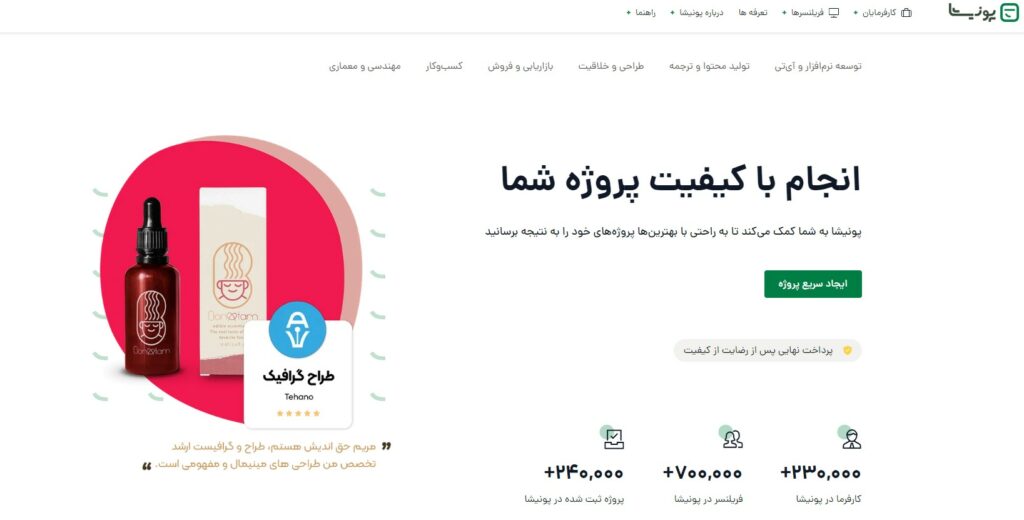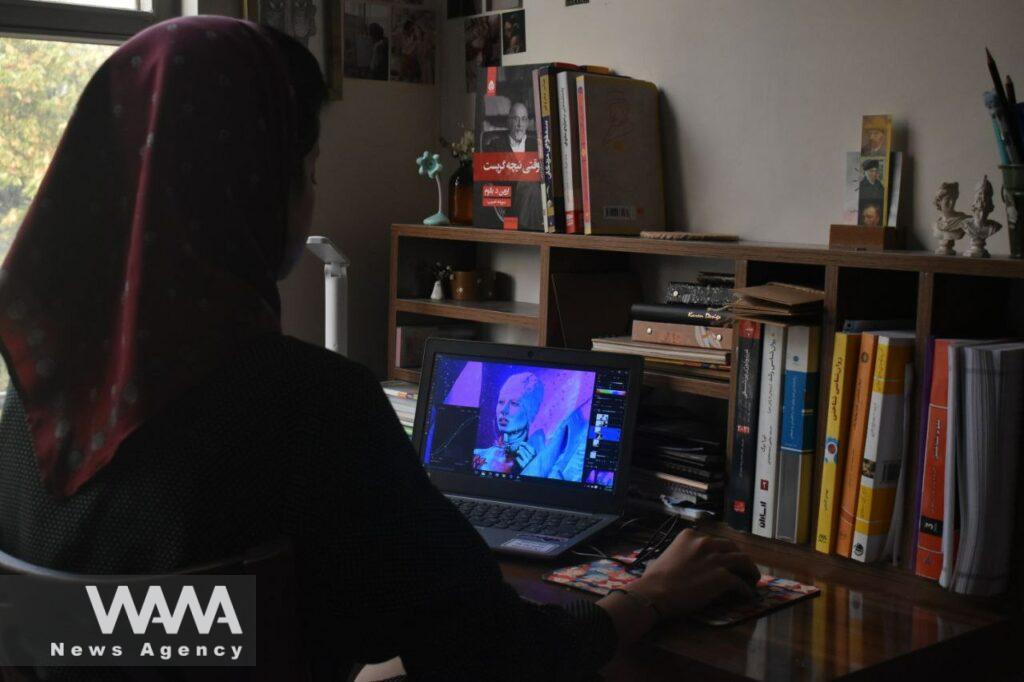Welcoming the Gig Economy of Freelancing in Iran
WANA (Aug 01) – Freelancing is increasingly popular in Iran, offering a flexible and appealing work option, particularly for young professionals and women. With traditional jobs becoming more challenging to find, more Iranians are turning to freelancing platforms like “Upwork” and local alternatives such as “Ponisha” to connect with clients worldwide.
Freelancing provides the freedom to work from anywhere, set your own hours, and tap into global markets. This flexibility is especially valuable in Iran, where economic challenges make traditional employment less stable. Many are discovering better income opportunities and job satisfaction through Freelancing.
For instance, Sara, a recent graduate in her mid-20s, found herself struggling to secure a job in Tehran’s competitive job market. She decided to explore Freelancing and began offering her skills as a content writer. Today, Sara collaborates with clients from Europe and North America, earning a steady income and enjoying the freedom to work from her favourite café in the city.

Ponisha is an Iranian freelancing platform / WANA News Agency
Skills for a New Era
The top freelance skills in Iran include software development, graphic design, content writing, and digital marketing. Many people are enrolling in online courses to learn these skills, and universities are beginning to offer programs to help students prepare for freelancing careers. Consider Ali, a software developer from Isfahan.
After completing several online courses on platforms like Coursera and Udemy, he built a strong portfolio and started bidding on projects on Upwork. His persistence paid off, and now he regularly works with startups in Silicon Valley, all from the comfort of his home office.
Maryam’s story is another inspiring example. Struggling to find a stable job in Tehran, she turned to Freelancing. As a graphic designer, Maryam now works with clients from Europe and the US, earning more than she ever did in a traditional job. She shares, “Freelancing has allowed me to grow professionally and financially. I can now support my family and also pursue my passion for design.”

Maryam, Freelancer and graphic designer. WANA News Agency
Of course, freelancing in Iran comes with its own set of challenges, such as unreliable internet and payment restrictions. Freelancers often use VPNs and cryptocurrencies to overcome these hurdles. The government and private sector are also working on improving internet infrastructure and creating better policies for freelancers.
For example, Reza, a digital marketer, often faces difficulties with payment gateways. He explains, “I’ve had to get creative with how I receive payments. Using cryptocurrencies has been a game-changer, allowing me to continue working with international clients without worrying about payment issues.”
Freelancing is reshaping the job market in Iran, offering new opportunities and economic resilience. As more Iranians embrace the gig economy, it promises to drive innovation and growth.
For many, Freelancing is more than just a job; it’s a way to take control of their careers and lives. With the proper support and infrastructure, this shift could significantly impact the country’s economy for the better.
In conclusion, Freelancers are not just a trend in Iran; they are a lifeline for many seeking flexibility, independence, and better financial stability.
The stories of people like Sara, Ali, Maryam, and Reza highlight the transformative potential of freelancing in Iran, painting a hopeful picture of the future.

Addressing Mental Health Stigma in Iran
WANA (July 29)—” Life is full of beautiful things. Why are you so sad?” “You should go out more.” ” You need to focus on the good things in life.” These are the most repeated cliches that people who are struggling with mental health hear, but would we use the same sentences if they had […]













